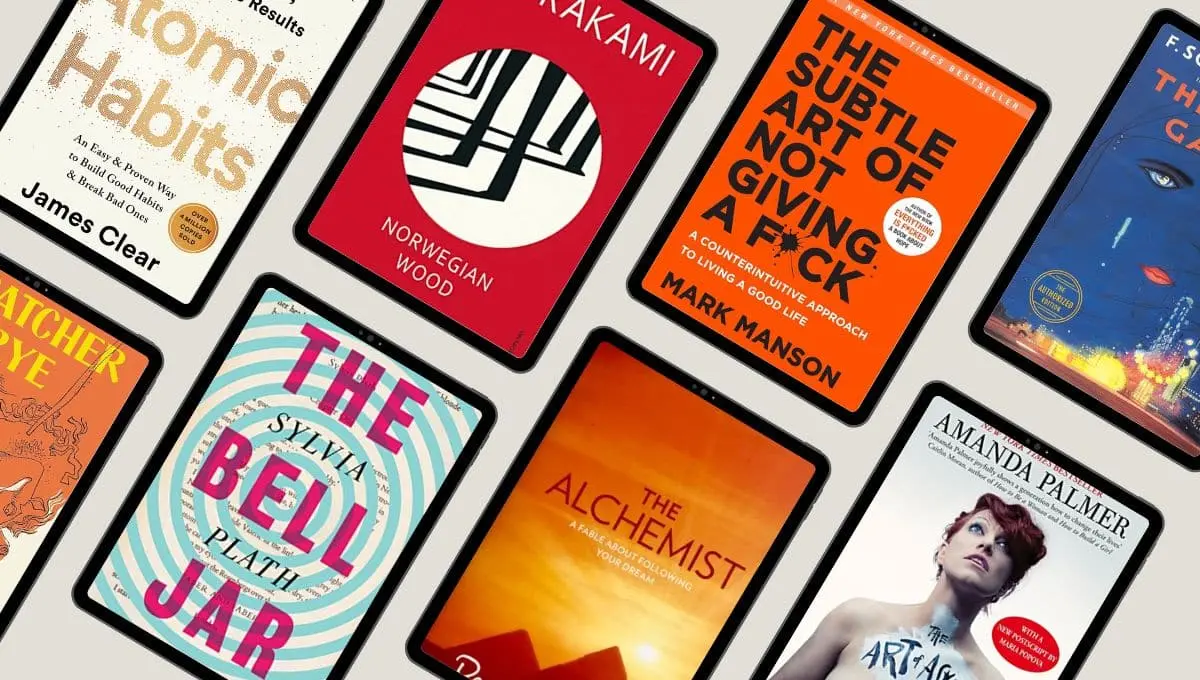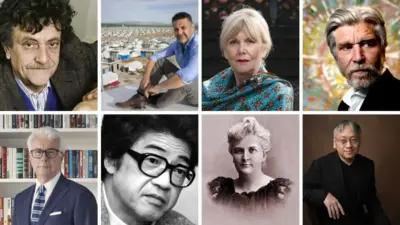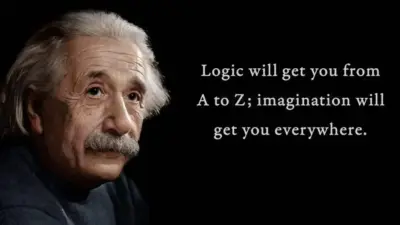Navigating your 20s can be a thrilling yet challenging journey, marked by personal growth, exploration, and self-discovery. Literature can be a guiding light through this transformative decade, offering insights and reflections that resonate deeply with the experiences of young adults. In this article, we delve into the “Top 15 Books to Read in Your 20s,” a curated list of diverse and impactful works.
Table of contents
How to Win Friends and Influence People (Dale Carnegie)
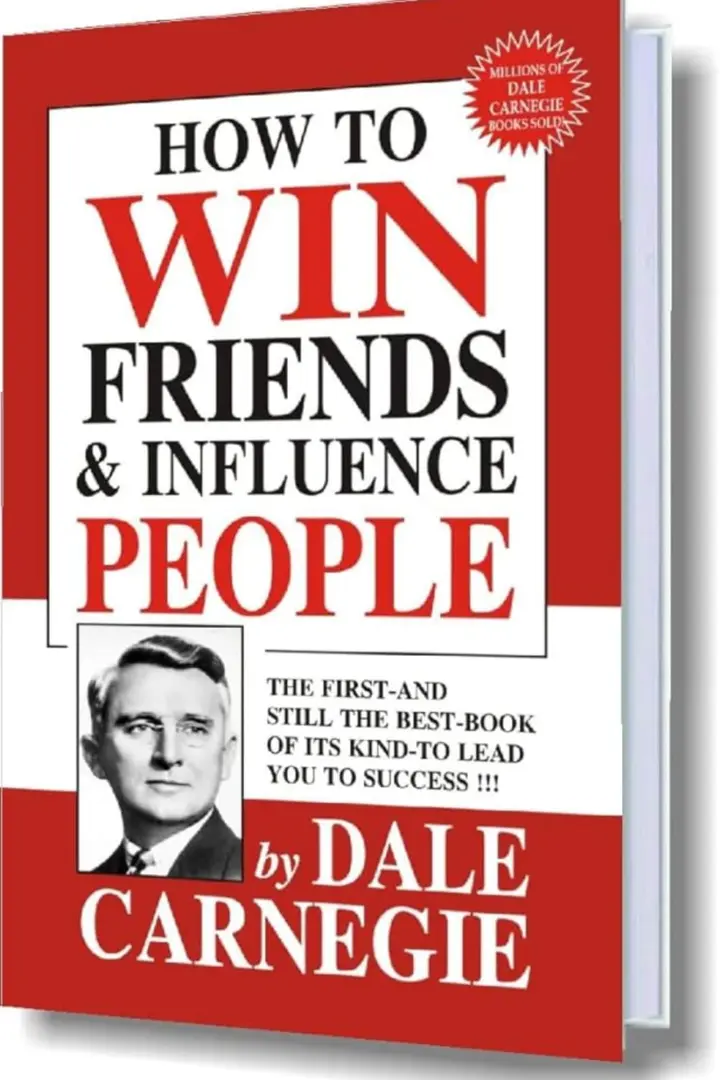
This classic self-help book offers timeless advice on building relationships and influencing others. Carnegie’s principles focus on understanding human nature, being likable, winning people over to your way of thinking, and leading effectively without causing resentment. It’s considered essential reading for anyone looking to improve their social skills and personal relationships.
The Alchemist (Paulo Coelho)
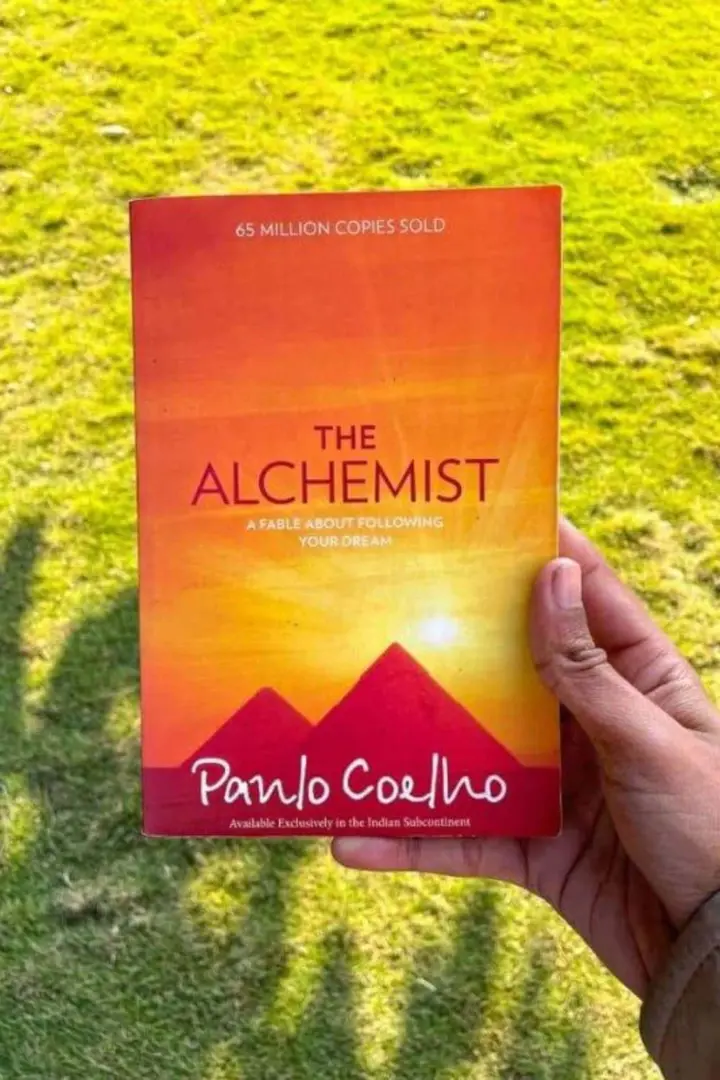
A metaphysical story by Paulo Coelho’s “The Alchemist” narrates the story of Santiago, a young Andalusian shepherd. He starts his journey to Egypt, after having a recurring dream of finding treasure there. Along the way, Santiago meets interesting characters, learns about listening to his heart, recognizing opportunity, and following his dreams, which is a universal theme that makes this book a motivational read.
Atomic Habits (James Clear)
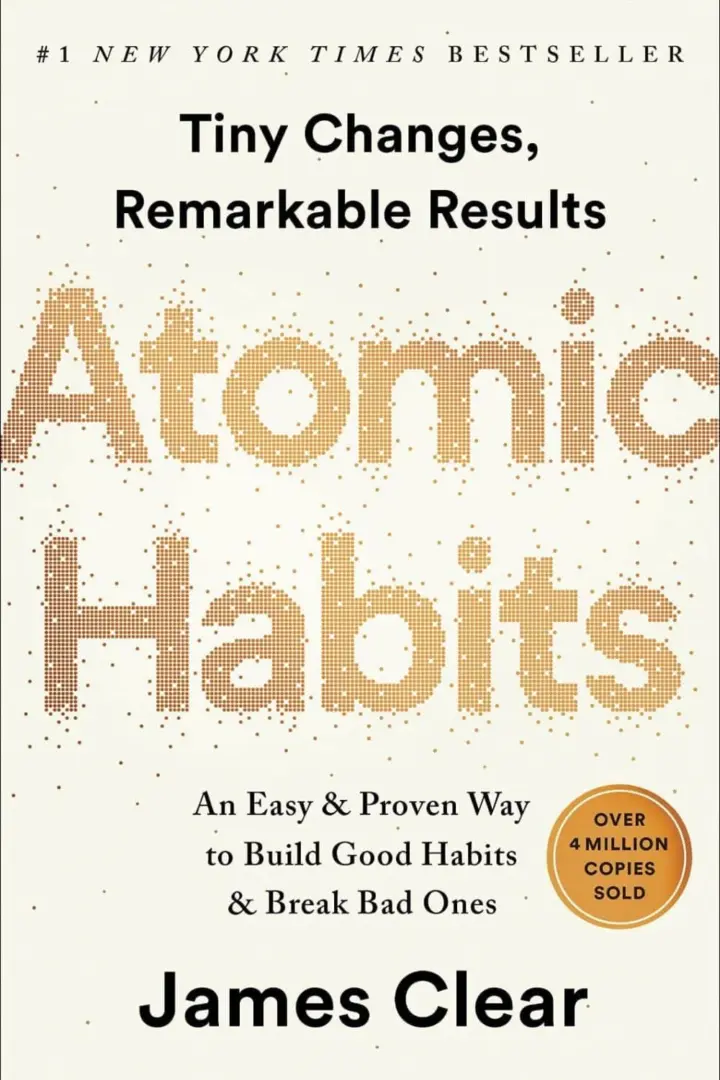
James Clear’s “Atomic Habits” is a practical guide that breaks down the complex subject of habit formation into actionable steps. The book emphasizes the power of small changes and incremental improvements to one’s daily routine, which can lead to remarkable results over time. Clear provides strategies for habit stacking, overcoming common obstacles, and building a system for automatic behavior change.
The Bell Jar (Sylvia Plath)
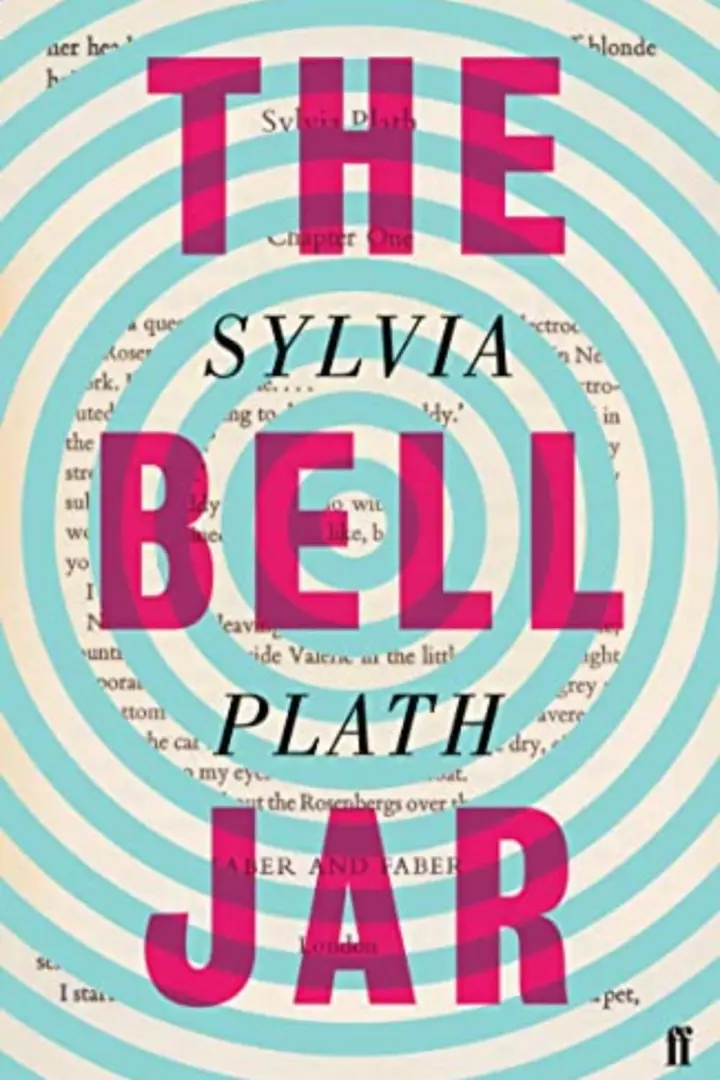
The semi-autobiographical novel “The Bell Jar” by Sylvia Plath explores the themes of mental health, identity, and feminism. It narrates the story of Esther Greenwood, a young woman who finds herself spiraling into depression as she grapples with societal expectations and her own desires. The book is a raw and intense portrayal of mental illness and a young woman’s quest for freedom.
The Defining Decade: Why Your Twenties Matter (Meg Jay)
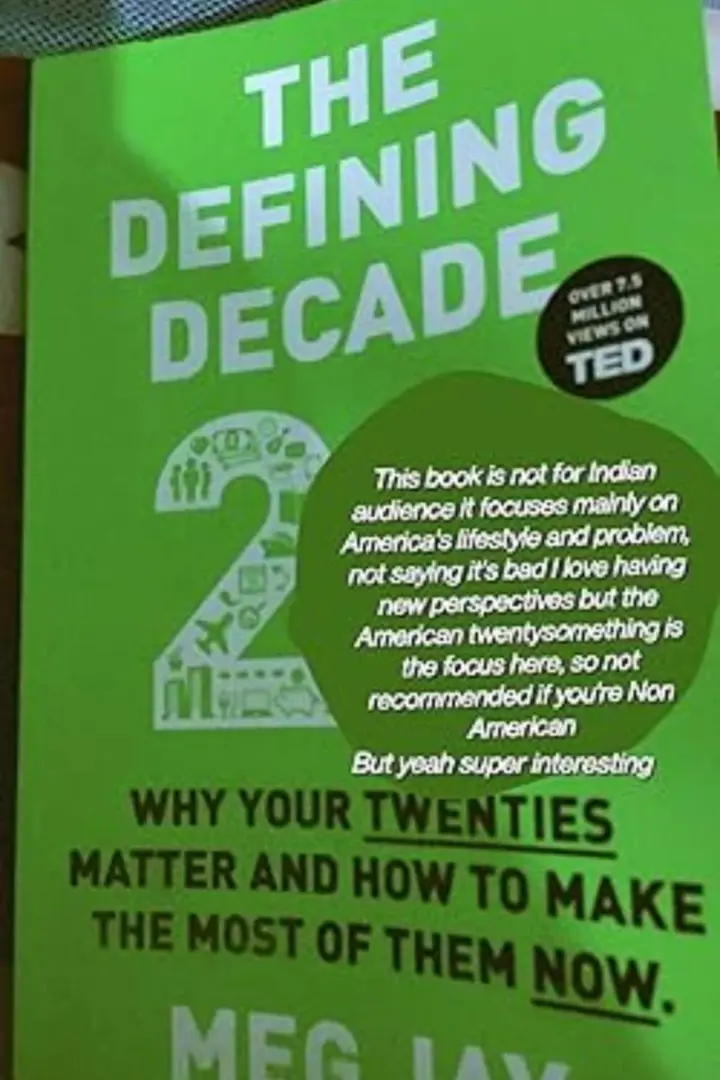
Offering a compelling argument for the significance of one’s twenties, “The Defining Decade” by Meg Jay emphasizes how these years can be pivotal in an adult’s life. Jay combines real-life anecdotes with psychological research to provide advice on maximizing this decade. The focus is on building identity capital, personal growth, and making deliberate choices regarding career, relationships, and health. The book presents an insightful guide for navigating the formative years of adulthood.
Norwegian Wood (Haruki Murakami)
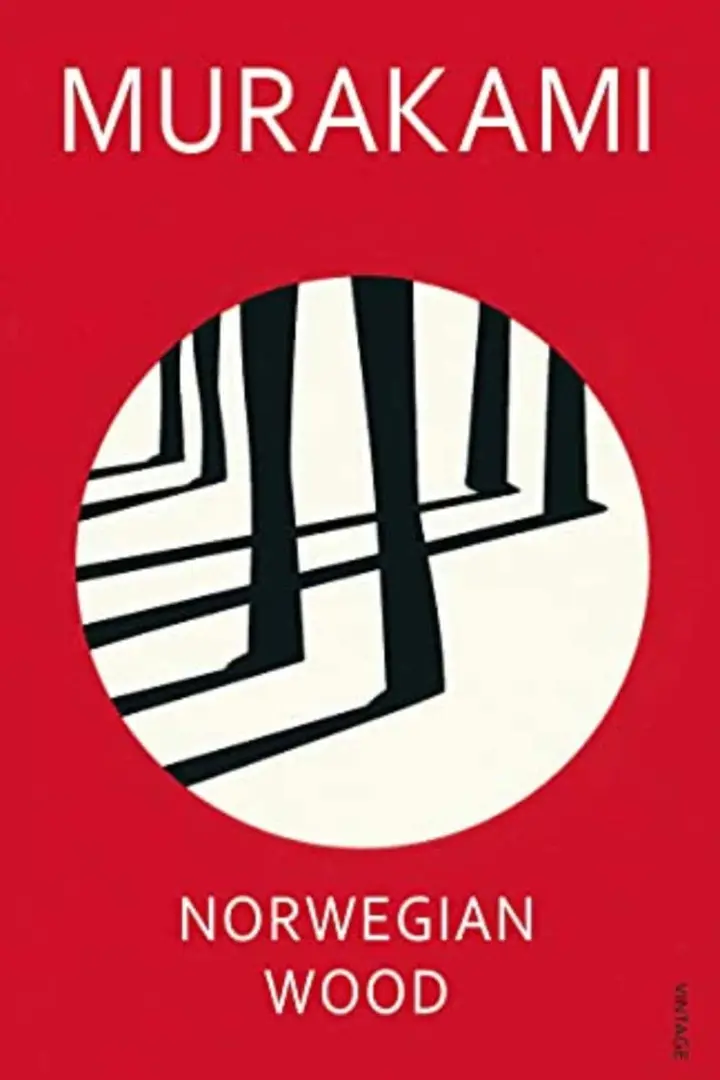
In “Norwegian Wood,” a nostalgic tale of love and loss, we follow the protagonist Toru Watanabe as he looks back on his days as a college student in Tokyo. The protagonist, Toru Watanabe, reminisces about his college days in Tokyo. His journey is marked by relationships with two very different women. This novel captures the intensity of young love and the bittersweet move into adulthood. Written by Haruki Murakami, it explores complex emotional attachments. It also delves into the poignant steps of growing up.
A Room Of One’s Own (Virginia Wolf)
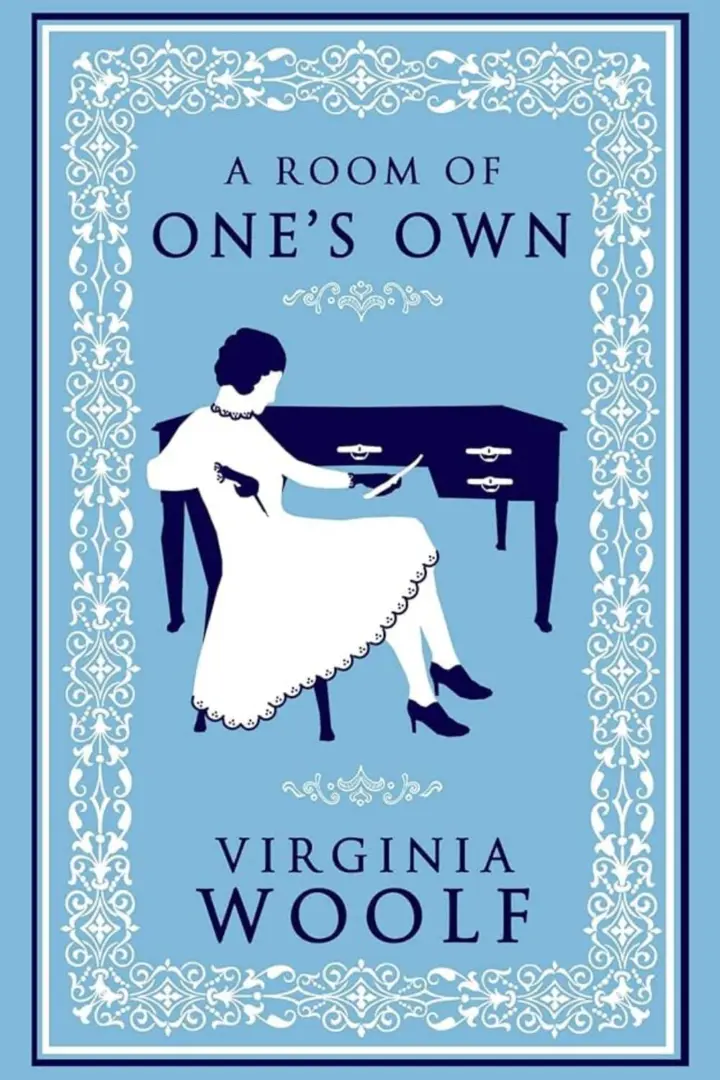
Exploring the role of women in literature, “A Room of One’s Own” by Virginia Woolf delves into the societal and economic challenges faced by women writers throughout history. Consequently, Woolf, with wit and fervor, argues that financial independence and personal space are essential for women to create meaningful literature. Therefore, this extended essay stands as a seminal work in feminist literature, maintaining its relevance in contemporary discussions about gender and creativity.
Becoming (Michelle Obama)
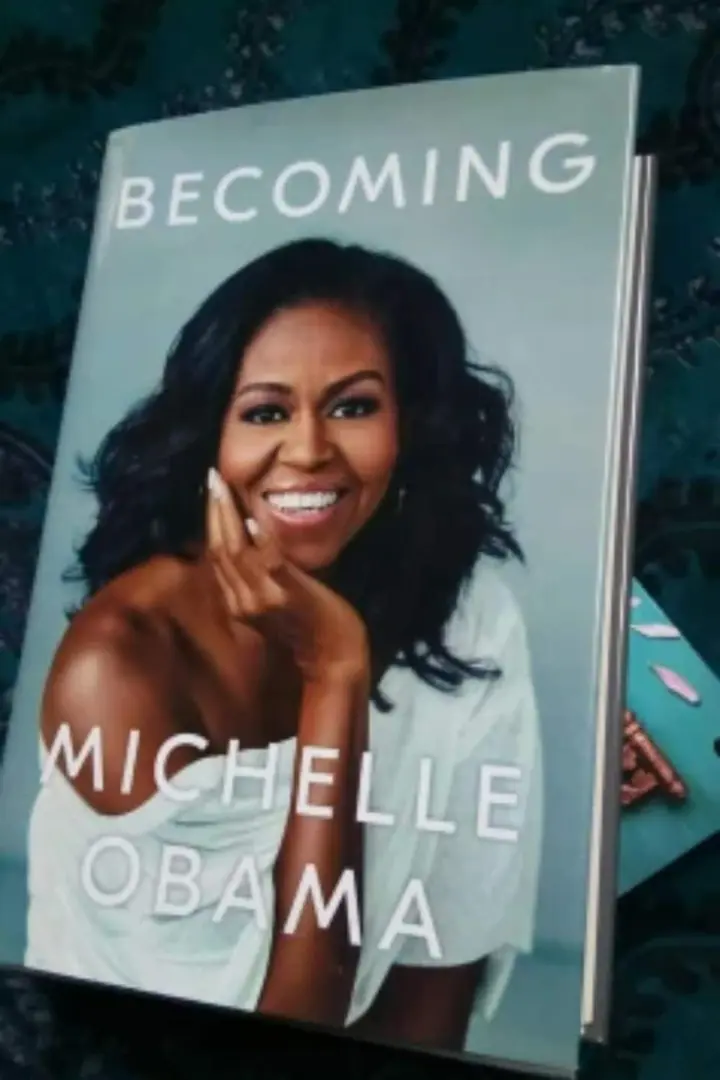
In her memoir “Becoming,” Michelle Obama intimately shares the experiences that have shaped her life. Initially, she delves into her childhood on the South Side of Chicago. Later on, she discusses her transformative years as an executive. Moreover, she recounts her impactful time in the White House. Writing with honesty and profound insight, Obama reflects on her challenges and accomplishments. Finally, she highlights the continuous journey of self-discovery that defines her story.
The Subtle Art Of Not Giving a F*ck (Mark Manson)
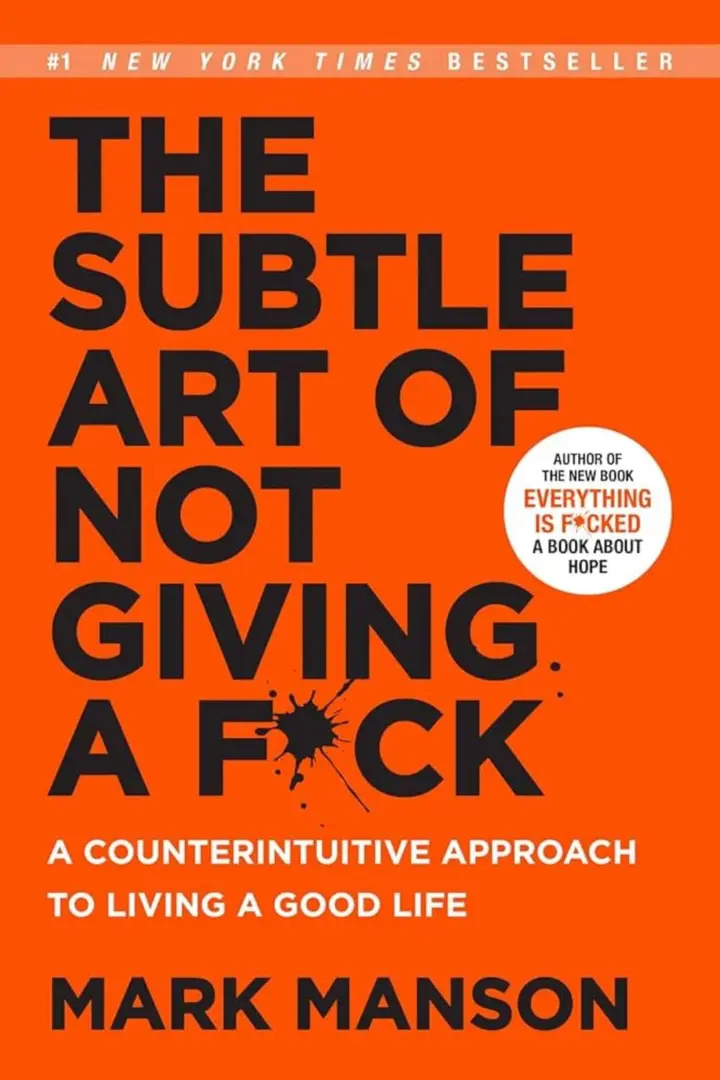
Turning conventional self-help wisdom on its head, “The Subtle Art of Not Giving a F*ck” by Mark Manson introduces a counterintuitive approach to achieving a fulfilling life. Manson uses blunt humor to advocate for focusing on what’s truly important and letting go of everything else. This book offers a refreshing perspective, challenging the typical pursuit of positivity and instead promoting a more realistic and grounded path to personal contentment.
The Power Of Habit (Charles Duhigg)
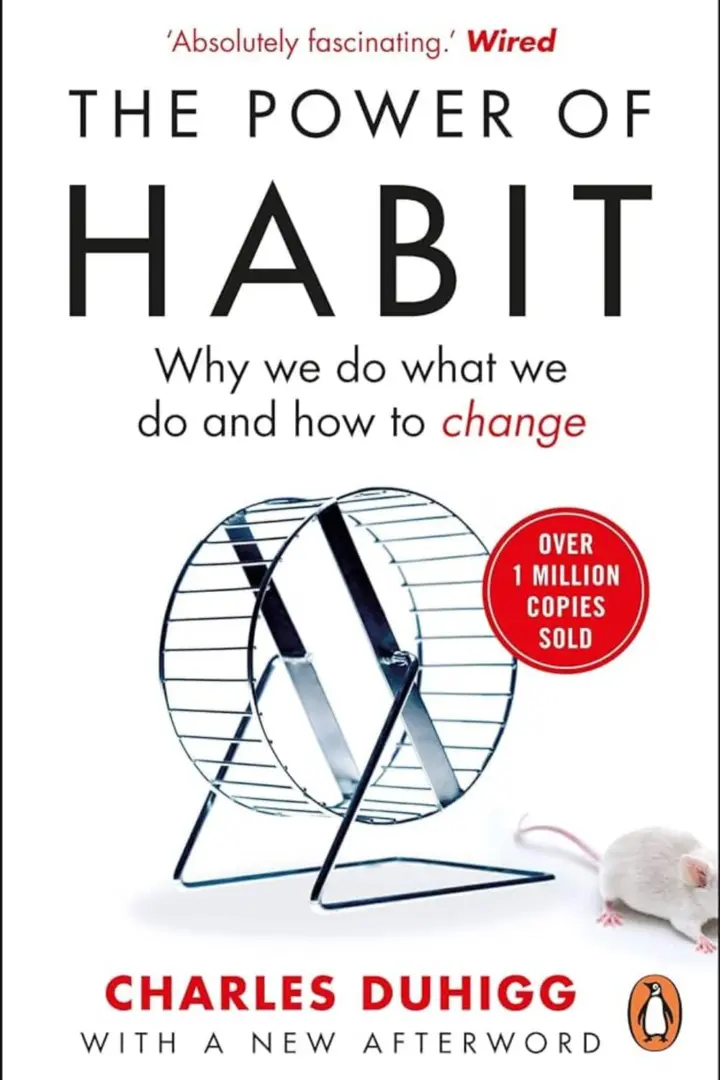
In “The Power of Habit,” Charles Duhigg explores the science of habit formation in individuals, companies, and societies. The book details how habits work and how they can be transformed to produce widespread changes. Duhigg combines research and stories to provide an understanding of habit creation and reformation.
The Great Gatsby (F. Scott Fitzgerald)
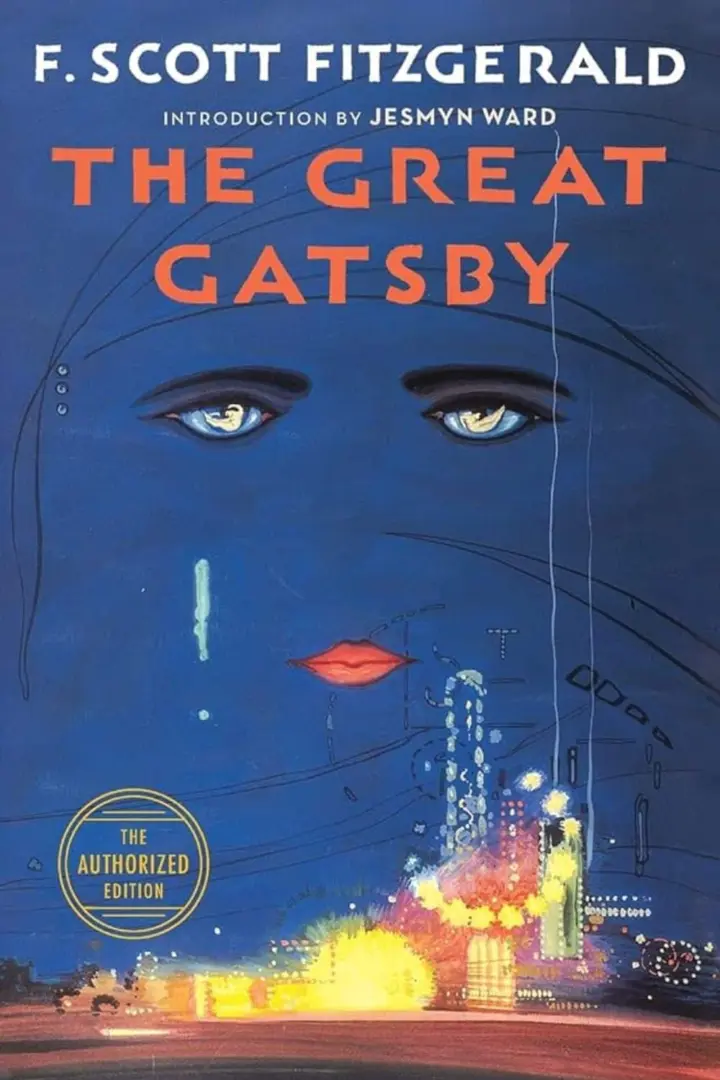
F. Scott Fitzgerald’s magnum opus, “The Great Gatsby,” skillfully delves into the opulence and moral vacuity of the Jazz Age. Additionally, it critiques the elusive American Dream. At its heart, the narrative introduces the enigmatic millionaire Jay Gatsby. His obsession with the charming Daisy Buchanan symbolizes the era’s extravagance. Furthermore, it highlights the superficiality of wealth. Through this narrative, Fitzgerald offers a sharp commentary on the American upper class. Consequently, he exposes the emptiness that often lies beneath the glittering surface of prosperity.
Wild: From Lost to Found on the Pacific Crest Trail (Cheryl Strayed)

In “Wild,” Cheryl Strayed shares the story of her solo hike on the Pacific Crest Trail, a journey embarked upon during a period of personal turmoil. Despite lacking prior hiking experience, Strayed’s trek becomes a formidable physical and emotional challenge. The memoir offers profound insights into the themes of grief, healing, and how travel can be a transformative experience.
Tiny Beautiful Things (Cheryl Strayed)

Drawing from her experiences as the anonymous advice columnist Dear Sugar, Cheryl Strayed’s “Tiny Beautiful Things” presents a heartfelt collection of letters and responses. Strayed tackles the struggles of her readers with deep empathy, sharing insights from her own life. This book delves into the intricacies of the human condition, exploring themes of love, loss, and forgiveness in a way that is both profound and moving.
The Catcher in the Rye (J.D. Salinger)

Delving into the themes of teenage angst and alienation, “The Catcher in the Rye” follows its protagonist, Holden Caulfield, after his expulsion from prep school. The narrative skillfully captures the confusion, cynicism, and yearning for authenticity and connection that often define adolescence. This classic novel by J.D. Salinger remains a poignant exploration of the complexities of growing up.
The Art of Asking (Brené Brown and Amanda Palmer)

In “The Art of Asking,” Amanda Palmer combines memoir and manifesto to delve into the power of vulnerability and trust. Palmer, a musician, recounts her experiences. She discusses asking for and receiving help. Her stories involve interactions with fans and personal moments. The book inspires readers to accept help. It highlights the value of community in creativity. Palmer provides a unique view. She focuses on the relationship between artists and their audience. The book also emphasizes the power in acknowledging one’s needs.
Also Read: 20 Highly Recommended Books By Rich People
